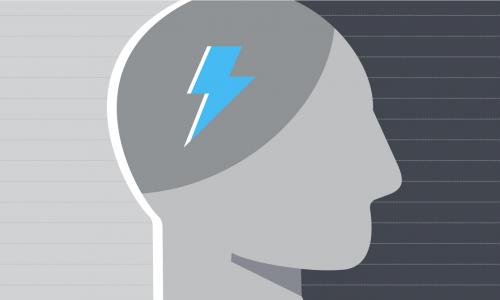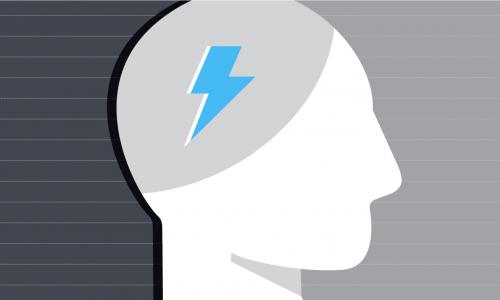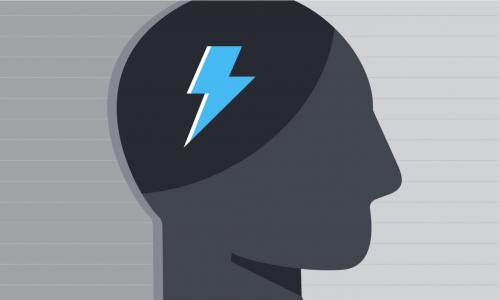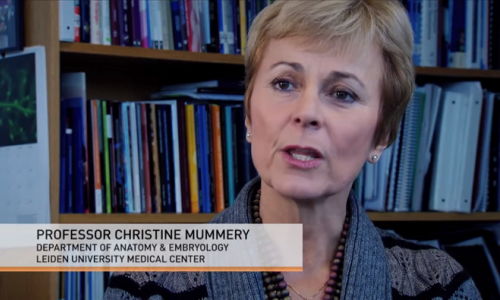Career planning
Being an effective researcher requires method and order, and those strong organization skills can prove just as useful when it comes to mapping out your career.
In these career planning modules, we learn about the importance of investigating and considering all options before deciding on your next step. We discover why knowing and understanding yourself can be the key to making good choices. We explore whether a PhD is valued outside academia, and we hear why changing career, or even your field of study, can bring big benefits and opportunities for fresh and novel thinking.
What you will learn
- Guidance on strategic career planning
- What industry employers think of PhDs
- Help with choosing a field of study



